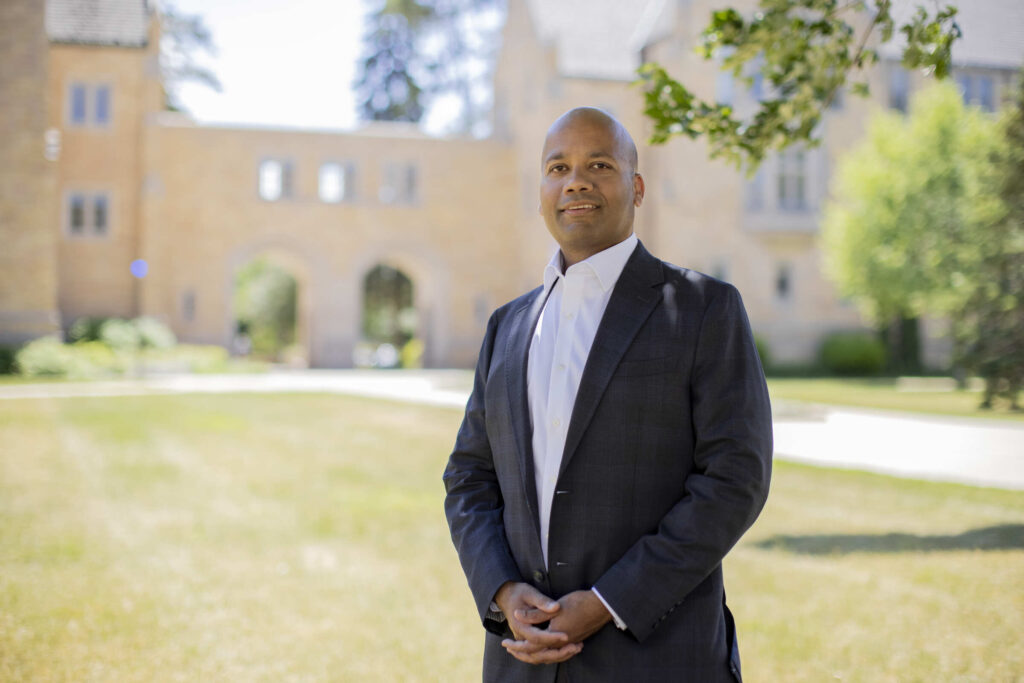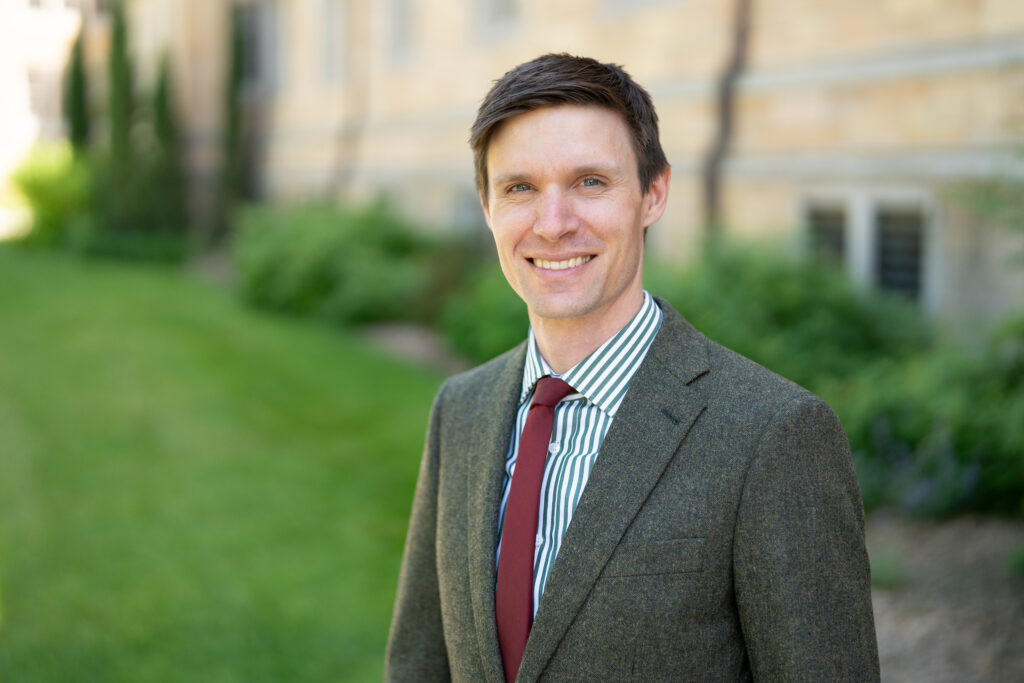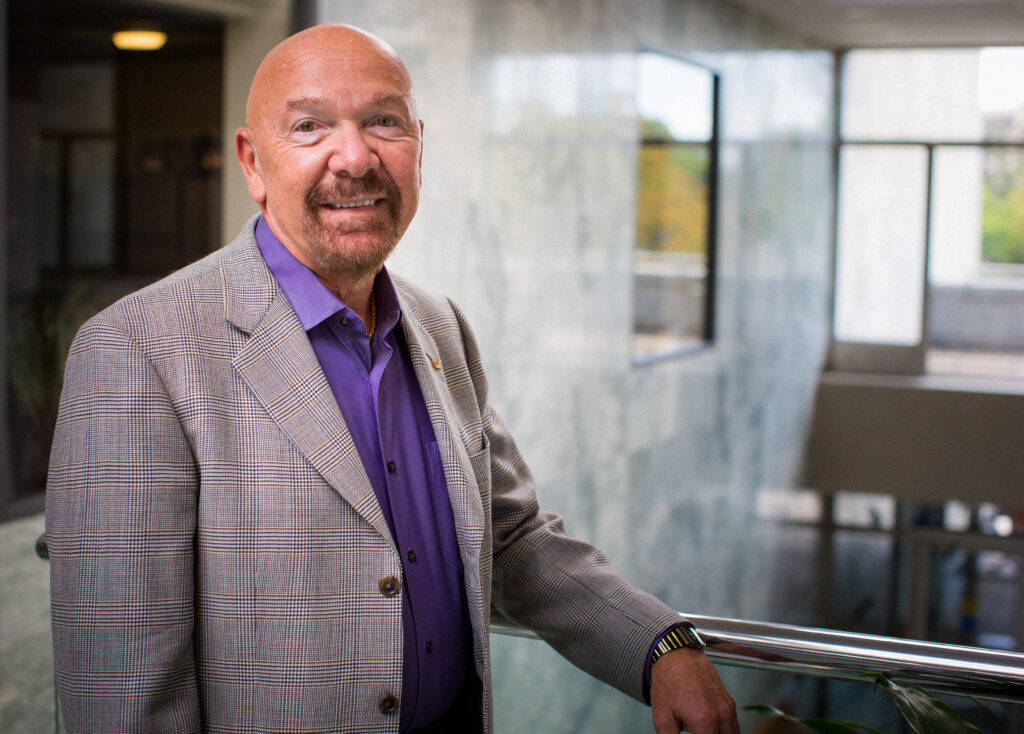The University of St. Thomas Prolife Center filed an amicus curiae brief this week with the Kansas Supreme Court defending a ban on “live dismemberment” abortion during the second trimester of pregnancy, which opponents have argued is a state constitutional right.
The heart of the controversy is whether a law that prohibits “live dismemberment,” a particular type of “dilation and evacuation” abortion, is constitutional under the Kansas Bill of Rights. The law was adopted last April, but the plaintiffs—a women’s clinic and the physicians who own it—claim the Kansas Constitution must be read to contain a state constitutional right to abortion that is at least as expansive as the right created by the U.S. Supreme Court in Roe v. Wade. The trial court agreed that such a right exists and that plaintiffs are likely to prevail in their claim that the ban violates that right. In January, the Kansas Court of Appeals, in a split decision, held that the state Constitution protects a woman’s right to an abortion.
The Prolife Center brief, filed on behalf of Kansans For Life, argues, in part:
The Kansas Bill of Rights was intended to reflect the equality of all Kansans and protect them from abusive exercise of power. From the establishment of this state, the people understood that the unborn child is among the most vulnerable members of our community. For that reason, state legislation has consistently recognized and protected them. The district court order creating a state constitutional right of abortion ignores the will of the people and 150 years of state law and jurisprudence. It should be reversed.
The right created by the order is extreme and erroneous. There simply is no basis in the Kansas Bill of Rights for a ruling that requires the state to tolerate live dismemberment abortion – a ruling that affords unborn children less protection than afforded by state statute to the livestock in this state.
Even if the Kansas Bill of Rights must be read to afford some right to abortion, the plaintiffs in this case have not presented sufficient evidence to show that they will prevail in establishing that S.B. 95 is unconstitutional in every application of the law. Plaintiffs’ own experts identify at least two applications where the law is constitutional. For this reason alone, the district court erred in granting the injunction.
The Prolife Center is led by law professor Teresa Collett, who has represented states, government officials and medical groups in defending laws protecting human life and marriage. Assisting on the brief were students Michael Gaytko ‘19, Leah Koch ‘18, Joshua Maldonado ‘19, Michelle Rioux ‘17, Darbie Smith ’19 and Joseph Stuhlmann ‘19.







